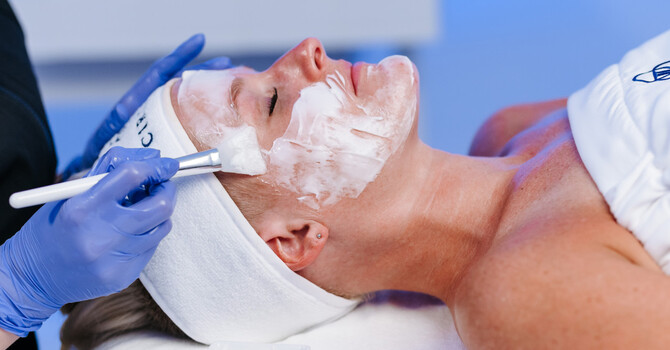Embarking on a massage journey can be a transformative experience for your mind and body. Yet, to make the most of this therapeutic encounter, communication between you and your massage therapist plays a pivotal role. In this blog post, we'll unravel the essential questions to ask your massage therapist and what they might inquire about during a session. We'll also underscore the importance of feeling comfortable to express your preferences, ensuring a truly personalized and enjoyable experience.
-
Questions to Ask Your Massage Therapist:
a. Experience and Qualifications:
- Begin by asking about your therapist's experience and qualifications. This not only establishes trust but also helps you understand the expertise they bring to the table.
b. Techniques and Modalities:
- Inquire about the specific techniques and modalities your therapist specializes in. This allows you to align your expectations with their expertise and tailor the session to your needs.
c. Areas of Concern:
- Communicate any specific areas of concern or pain. Whether it's a stiff neck, lower back tension, or a recent injury, informing your therapist helps them customize the massage to address your unique issues.
d. Preferences:
- Share your preferences regarding pressure, temperature, and any specific aromatherapy requests. This ensures that the session aligns with your comfort level and creates a more enjoyable experience.
-
What Your Massage Therapist Might Ask You:
a. Health History:
- Expect questions about your health history, including any medical conditions, allergies, or recent surgeries. This information is crucial for the therapist to tailor the session safely.
b. Goals for the Session:
- Your therapist may ask about your goals for the session. Whether it's relaxation, pain relief, or increased flexibility, expressing your objectives helps them create a customized plan.
c. Current State of Well-being:
- Your therapist might inquire about your current state of well-being, including stress levels, sleep patterns, and lifestyle factors. This holistic approach enables them to address not just physical but also emotional aspects during the session.
d. Feedback During the Session:
- A skilled therapist will check in with you during the massage, asking about the pressure and whether you're comfortable. Don't hesitate to communicate your preferences at any point, whether you desire more or less pressure.
-
Importance of Communication:
-
Comfort is Key:
- Emphasize the importance of feeling comfortable during the session. If at any point you're not comfortable with the pressure, table temperature, or any other aspect, speak up. Therapists are there to ensure your well-being and will appreciate your honesty.
-
Tailoring the Experience:
- Effective communication allows your therapist to tailor the session to your liking. Whether you prefer a certain pressure or need extra attention to a specific area, expressing your needs ensures a more personalized and beneficial experience.
-
Enhanced Results:
- Communicating openly enhances the effectiveness of the massage. Your therapist can make real-time adjustments, ensuring that the session meets your expectations and contributes positively to your overall well-being.
-
A successful massage session is built on a foundation of communication. By asking pertinent questions and expressing your preferences, you not only empower yourself but also enable your massage therapist to provide a truly customized and enjoyable experience. Remember, your comfort and well-being are the top priorities, so don't hesitate to communicate openly throughout the session. It's the key to unlocking the full benefits of the therapeutic journey.
.jpg)


